These are the best coconut sugar substitutes! Many of them you probably already have on hand and can easily be used as a replacement for coconut sugar. Coconut sugar has a unique flavor and adds a subtle sweetness to cooking and baking so knowing how to properly replace it is key!
This post may contain affiliate links. Read my policy page for more information.
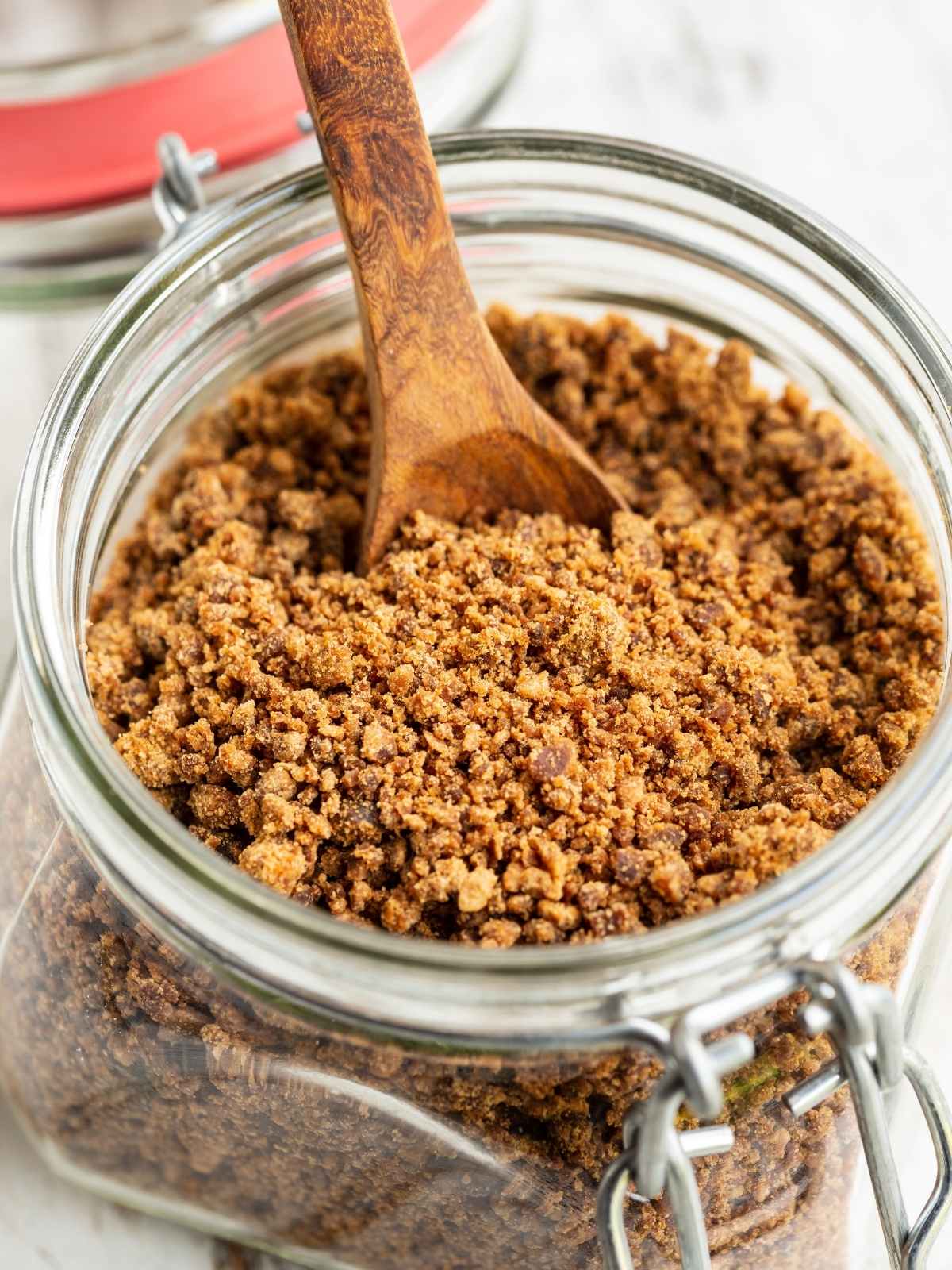
Jump to:
Coconut sugar, also known as coconut palm sugar, has become increasingly popular as a natural sweetener. So what do you do if you can’t find it? If you find yourself to be needing a quick substitute, look no further! These are the best coconut sugar substitutes that make it easy to swap quickly when you’re in a bind!
What is coconut sugar?
Coconut sugar comes from coconut palm sap that has been dehydrated. It has a granulated texture and brown color similar to raw sugar.
It has a more subtle sweet flavor than that of regular sugar with some caramel undertones.
Regular sugar is cane sugar that has been processed and stripped of all nutrients which is why it’s often referred to as “empty calories.”
Coconut sugar on the other hand does retain some of the nutrients from the coconut palm sap.
You wouldn’t want to rely on coconut sugar for these nutrients as it is still rather limited compared to whole foods and is high in calories much like regular sugar.
Coconut sugar does have a lower glycemic index (GI) compared to regular table sugar but not by much. Regular sugar has a GI of 60 whereas coconut sugar has a GI of 54. This puts coconut sugar just barely below the threshold of being a low glycemic food (the cutoff is 55). This means that coconut sugar will raise blood sugar less than regular sugar.
However, this can vary between individuals, batches of coconut sugar, and it is also affected by what else the person is eating when they consume the sugar i.e. what else was in the meal.
Because of this, you should still use coconut sugar in moderation just as you would table sugar as reducing sugar overall has health benefits including reducing heart disease, reducing insulin intolerance, and weight loss.
Coconut sugar is often touted as a natural sweetener so it’s becoming increasingly more popular. It’s now pretty common to see listed in an ingredient list but what do you do when you don’t have any? Keep reading for the best coconut sugar substitutes and how to use them.
Best overall substitute
First up, for those of you who just want the quickest, easiest, best substitute overall so that you can continue making your recipe—here it is. This sweetener is the best substitute for coconut sugar based on color, consistency, flavor and convenience.
Light brown sugar
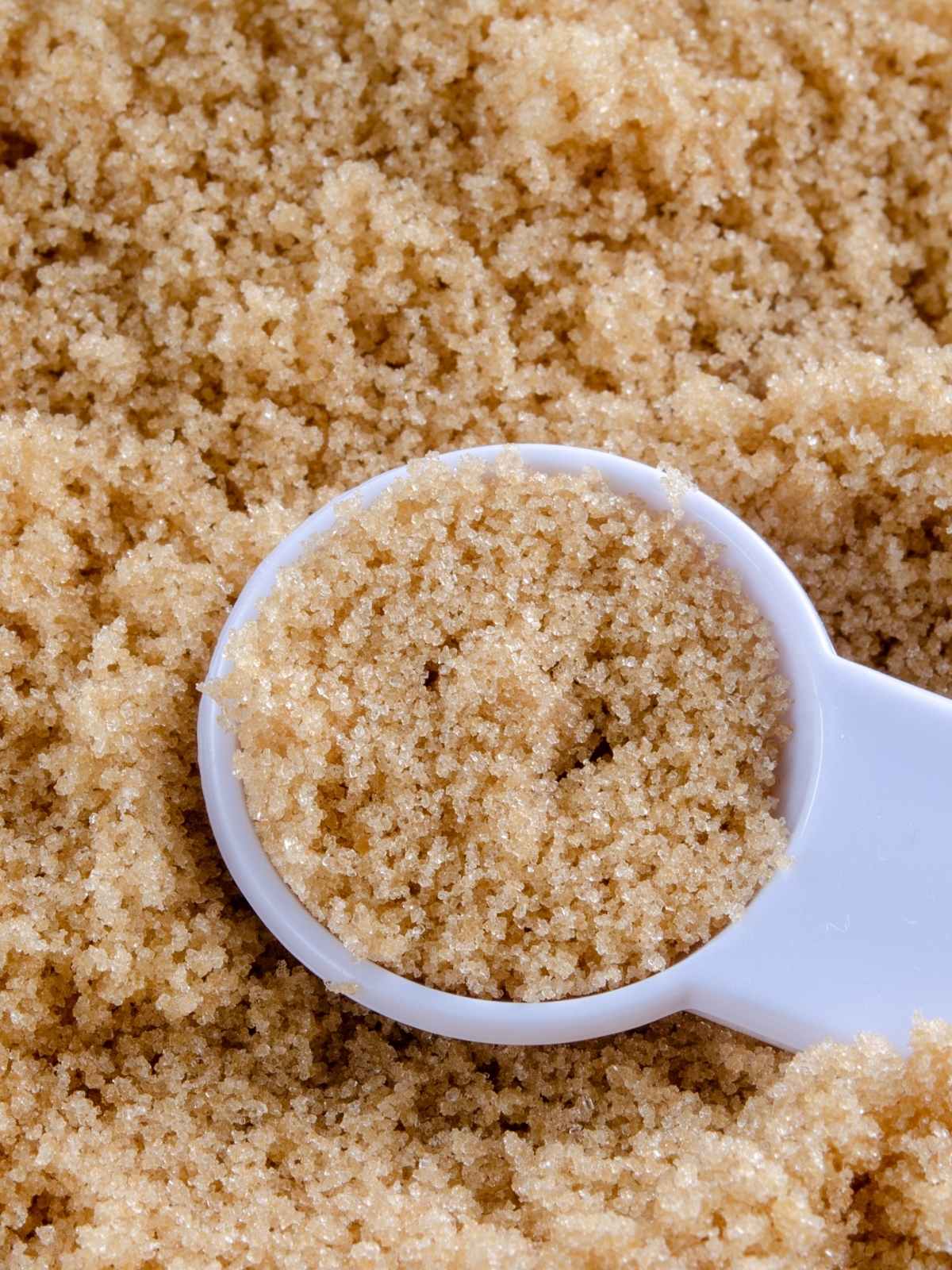
Brown sugar is essentially white table sugar with molasses added. The variations of light and dark depend on the amount of molasses added. Light brown sugar is around 3% while dark brown sugar is around 6.5% molasses.
It has a moist texture like coconut sugar and similar color. There’s also a very good chance you already have this in your pantry! If you’re in a pinch and don’t have light brown sugar either, see the recipe card below for how to make your own at home!
Use 1 cup of light brown sugar for 1 cup of coconut sugar.
Best granulated substitute
Since coconut sugar comes in granular from, it’s easiest to substitute with other granulated sweeteners. Here are the best granulated sweeteners to replace coconut sugar.
Date sugar
Date sugar is essentially dehydrated dates that have been ground into a texture similar to granulated sugar. Since it is whole dates, it still has all of the fiber and nutrients, making it the healthiest alternative to coconut sugar!
Bonus: You can make date sugar at home!
The downside is that it doesn’t dissolve all the way when added to hot liquids or baked goods so expect to see small date particles in the finished food/drink.
You can use date sugar 1:1 to replace coconut sugar for sweetness, just don’t expect the final result to look the same since the grittiness of the granules won’t fully dissolve.
Sucanat
Sucanat is actually a brand name and is the contraction of the term “Sucre de canne naturel” and is a type of whole cane sugar as it is less processed than table sugar. It’s made from sugar cane juice, has a lighter brown color and irregular sized sugar crystals.
Because of the larger crystals it’s usually better to grind Sucanat in a spice or coffee grinder to more easily incorporate into baked goods or make sure it can dissolve easily first.
You can substitute coconut sugar for Sucanat 1:1 so for 1 cup of coconut sugar use 1 cup of Sucanat.
Palm sugar
Palm sugar is often confused as coconut sugar but it is actually from a different palm tree species than coconut sugar. It’s made from boiling the sap from palm flowers and then reducing it to crystals.
It has a mild caramel flavor and can come in liquid, granular or block form.
When in granulated form 1 cup palm sugar = 1 cup coconut sugar
Turbinado sugar
Turbinado sugar, also known as raw sugar or raw cane sugar, is less processed than regular sugar. It comes from the first press in cane sugar and has larger sugar granules than regular sugar.
Demerara sugar is another type of raw sugar that can be used in place of coconut sugar. It has a lighter color and larger crystals than turbinado but can also be used instead of coconut sugar.
1 cup turbinado sugar = 1 cup coconut sugar
1 cup demerara sugar = 1 cup coconut sugar
Maple sugar
Maple sugar comes from maple syrup and is made by boiling the sap down to the crystals. It retains the distinct maple flavor but in granular form.
Although less common than maple syrup, I thought it’d be helpful to include just in case you have some on hand.
1 cup maple sugar = 1 cup coconut sugar
Panela
Panela, also known as Piloncillo in Mexico and other Latin American countries, and known as Jaggery in Asian countries, is a brown sugar that usually comes in a cone shape. It doesn’t contain any molasses, rather the color comes naturally from it being unrefined.
Although the sources of sugar vary, their process of production is similar which is why I’ve lumped these together.
1 cup panela = 1 cup coconut sugar
Regular white table sugar
Considered the most processed sugar, it is essentially pure, crystallized sucrose. To obtain its distinct white color it is often processed with bone char, making it unsuitable for vegan baking.
However, only sugarcane crystals require this step, sugar beets do not but it’s not always easy to identify on the packaging.
Regular sugar is much sweeter than coconut sugar due to its high sucrose content so if you’re sensitive to sugar, reduce the amount by 1/4th in cooking recipes. In baking recipes, normally you can’t reduce sugar without compromising the recipe.
1 cup white table sugar = 1 cup coconut sugar
Best liquid sweetener substitutes
These are the best liquid sweeteners to replace coconut sugar. Something to keep in mind is that liquid sweeteners are harder to substitute in baking applications since the ratio of dry and wet ingredients is important. If replacing coconut sugar in a baking recipe with a liquid sweetener, you may have to adjust the dry ingredients or decrease the liquids.
Maple syrup
This recommendation is for pure maple syrup, not the high fructose corn syrups that many people use on pancakes. Maple syrup comes from the sap of maple trees and has a lovely golden color and unique flavor. It’s sweet with a distinctive maple flavor, however when baked into something this flavor is harder to detect.
For cooking use 1 cup maple syrup for 1 cup coconut sugar.
For baking use 3/4 cup maple syrup for 1 cup coconut sugar and decrease liquids in the recipe by 3-4 tablespoons per 1 cup substituted.
Agave syrup
Agave syrup, also known as agave nectar, comes from the agave plant. It’s the same plant that tequila is made from.
The consistency is very similar to maple syrup but lighter in color. It’s also more sweet than coconut sugar so less is needed to achieve the same sweetness.
For cooking use 1/2-3/4 cup agave syrup for 1 cup coconut sugar.
For baking use 3/4 cup agave syrup for 1 cup coconut sugar and reduce liquids by 2-3 tablespoons per cup substituted.
Date Syrup
Date syrup can be used as a liquid sweetener to replace coconut sugar. It is made from boiling dates and blending, then squeezing out the liquid from the date. Date paste which is the blended dates before extracting the liquid can also be used.
For cooking use 1 cup date syrup for 1 cup coconut sugar.
For baking use 2/3 cup date syrup per 1 cup coconut sugar and reduce the liquid by 2-3 tablespoons per cup substituted.
Honey
Honey is a common natural sweetener that is becoming popular in baking and cooking. Both honey or raw honey can be used to replace coconut sugar. Raw honey hasn’t been processed with heat but may come filtered or unfiltered. For vegans, use this easy vegan apple honey.
For cooking use 3/4 cup honey for 1 cup coconut sugar.
For baking use 3/4 cup honey for 1 cup coconut sugar and decrease liquids in the recipe by 3-4 tablespoons per 1 cup substituted.
Related: The best substitutes for honey.
Best sugar-free substitutes
These sweeteners are consider sugar-free and are therefore low carb and low calorie alternatives to coconut sugar. This can be a good alternative for those with insulin intolerance concerns as these sweeteners have a low glycemic index.
Stevia
This sweetener comes from the leaves of the stevia plant making it one of the few natural sweetener substitutes that sugar free. It is 100 to 300 times sweeter than table sugar so a little goes a long way. Since there is no sugar in stevia, it won’t raise blood sugar levels, making this a low glycemic alternative.
It comes it both liquid and powder form and each brand has their own recommendation for the amount used to substitute sugar. This can typically replace sugar 1:1 meaning it can replace coconut sugar 1:1 as well. Stevia is best in cooking applications as it won’t provide that same result that sugar would in baking.
1 cup stevia powder = 1 cup coconut sugar
Monk fruit
Monk fruit sweetener comes from a small round fruit called monk fruit that is native to China. It can be 150-200 times sweeter than sugar. It is stable at high temperatures so it can be added to baked goods but the results won’t be the same. As with any non-sugar sweetener, certain chemical reactions cannot occur without actual sugar in the baking process.
Monk fruit extract is often blended with erythritol to give it a granular appearance.
1 cup monk fruit = 1 cup coconut sugar
Erythritol
Erythritol a sugar alcohol that is made from when yeast ferments the glucose in corn or wheat starch. It doesn’t digest easily so it can cause bloating and digestive problems but this is only an issue if consuming in large amounts.
This is a good substitute for those with insulin intolerance as it won’t spike blood sugar levels.
Erythritol is less sweet than regular sugar so it is more comparable to coconut sugar. If you prefer sweet, you may want to add a little extra Erythritol.
1 cup erythritol = 1 cup coconut sugar
Xylitol
This is another sugar alcohol that’s extracted from birch trees. It does have a lower glycemic index compared to coconut sugar but it has its drawbacks. Xylitol can cause digestive issues for those with Irritable Bowel Syndrome (IBS) and can have a laxative effect in high doses. For this reason it’s not recommended to start with high doses of xylitol.
1 cup xylitol = 1 cup coconut sugar
Summary
Here’s how the sweeteners stack up to substituting coconut sugar, in order of best option, taste and flavor-wise, to least. The recommended amounts are based on one cup of coconut sugar.
| Substitute | Per 1 cup of coconut sugar |
|---|---|
| Light brown sugar | 1 cup |
| Date sugar | 1 cup |
| Sucanat | 1 cup |
| Palm sugar | 1 cup |
| Turbinado sugar | 1 cup |
| Maple sugar | 1 cup |
| Panela | 1 cup |
| White table sugar | 3/4 cup for cooking; 1 cup for baking |
| Maple syrup | 1 cup for cooking; 3/4 cup for baking* |
| Agave syrup | 1/2-3/4 cup for cooking; 3/4 cup for baking* |
| Date syrup | 1 cup for cooking; 2/3 cup for baking* |
| Honey | 3/4 cup for cooking; 3/4 cup for baking* |
| Stevia | 1 cup |
| Monk Fruit | 1 cup |
| Erythritol | 1 cup |
| Xylitol | 1 cup |
Frequently Asked Questions
Yes, regular white table sugar can be used in place of coconut sugar. It is typically a 1:1 ratio for baking applications so use 1 cup of regular sugar in place of 1 cup of coconut sugar. Regular sugar is much sweeter than coconut sugar due to its high sucrose content so if you’re sensitive to sugar, reduce the amount by 1/4th in cooking recipes.
Date sugar is the best healthy substitute for coconut sugar since it is made from whole dates that have been dehydrated. This means it retains all of the nutrients and fiber from the dates making it a great healthy sweetener option.
Regular sugar is cane sugar that has been processed and stripped of all nutrients which is why it is often referred to as “empty calories.”
Coconut sugar on the other hand does retain some of the nutrients from the coconut palm sap. It has a light brown color and unique caramel flavor compared to white sugar. It is also less sweet than regular sugar.
Recipes that you can easily substitute the coconut sugar
Need some recipe inspiration now that you know what you can substitute coconut sugar for? The following are recipes that work well with the coconut sugar alternatives. Make sure to follow the recommended replacement amounts for best results.
Want to Save This Recipe?
Enter your email below and we’ll send it straight to your inbox! Plus, get weekly free recipes!
By submitting this form, you consent to receive emails from Health My Lifestyle.

Easy Coconut Sugar Substitute
Ingredients
- 1 cup sugar
- 1 tablespoon blackstrap molasses
Instructions
- Add the ingredients to a medium bowl and mix well. Use a fork or electric hand mixer to incorporate the two until no lumps remain.
Notes
Nutrition
Looking for more easy kitchen swaps? Check out these:

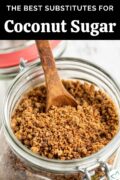
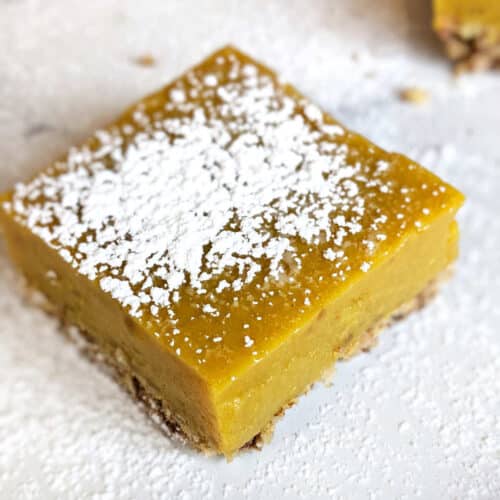


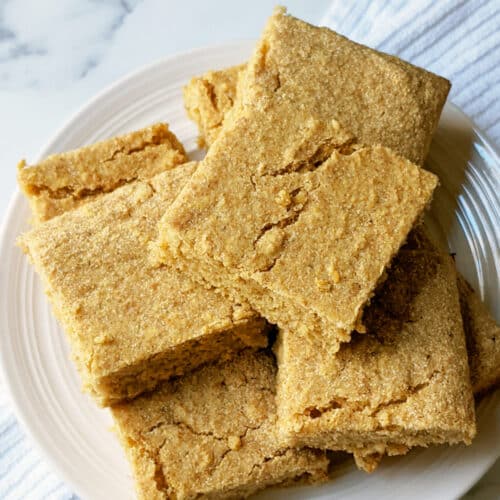
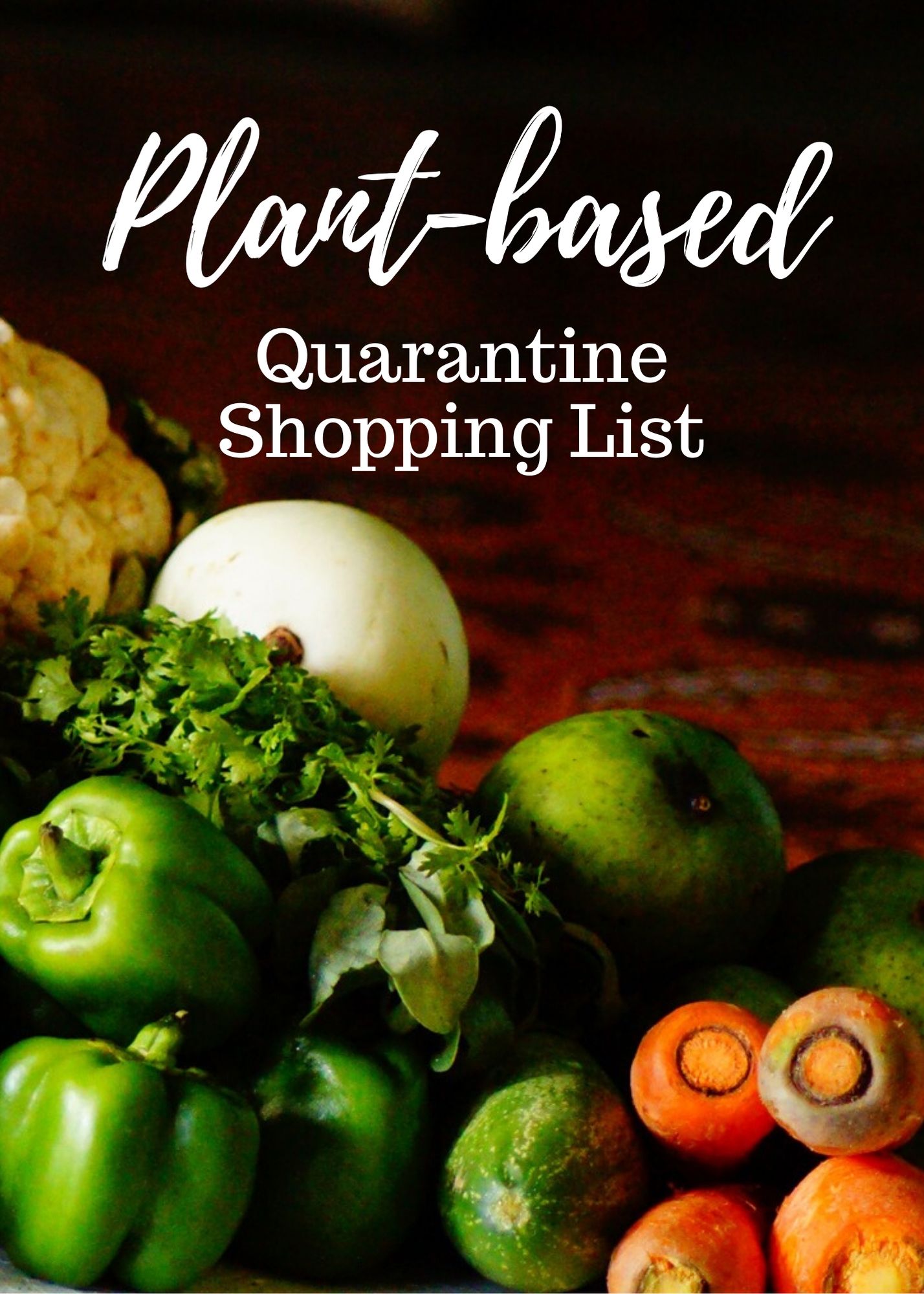
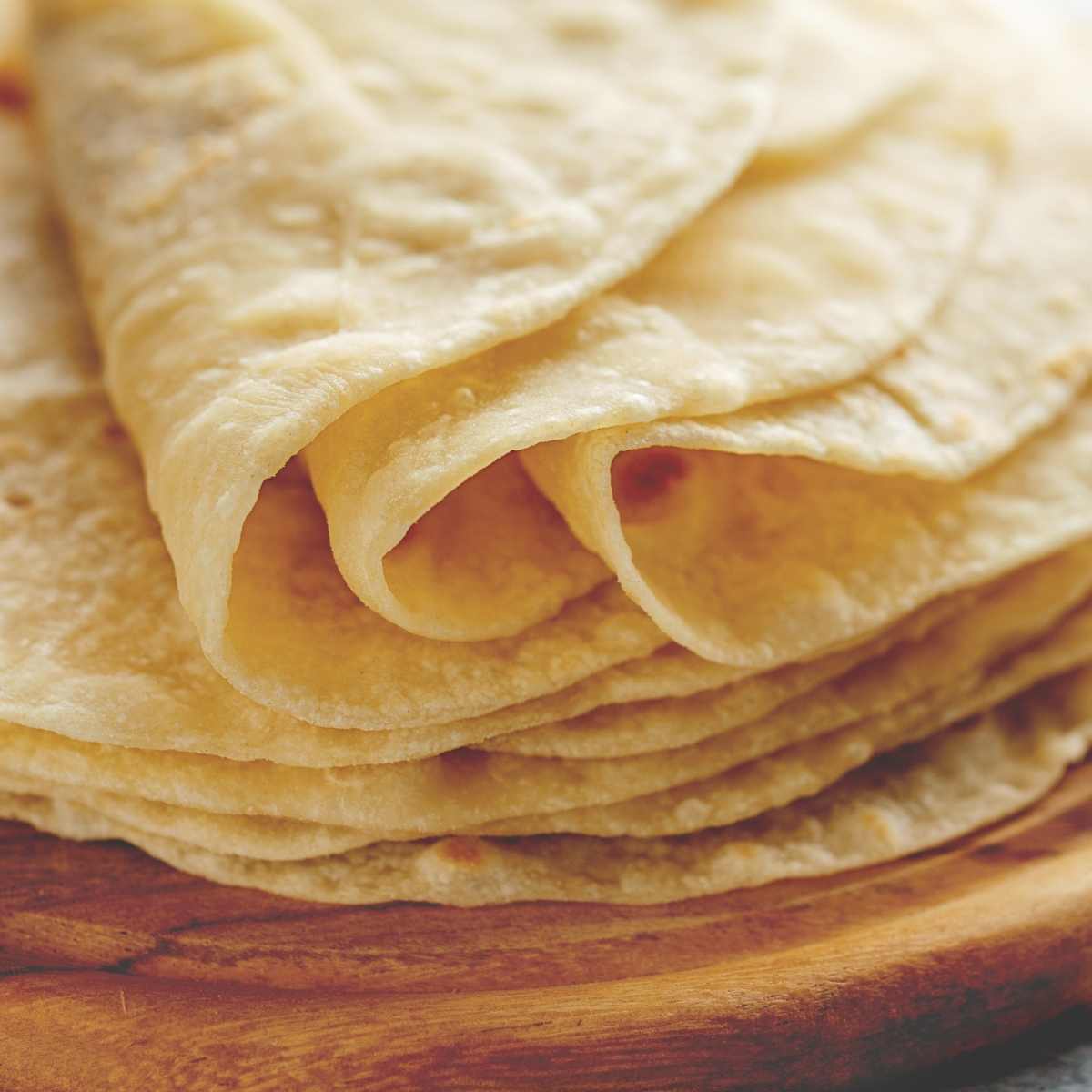
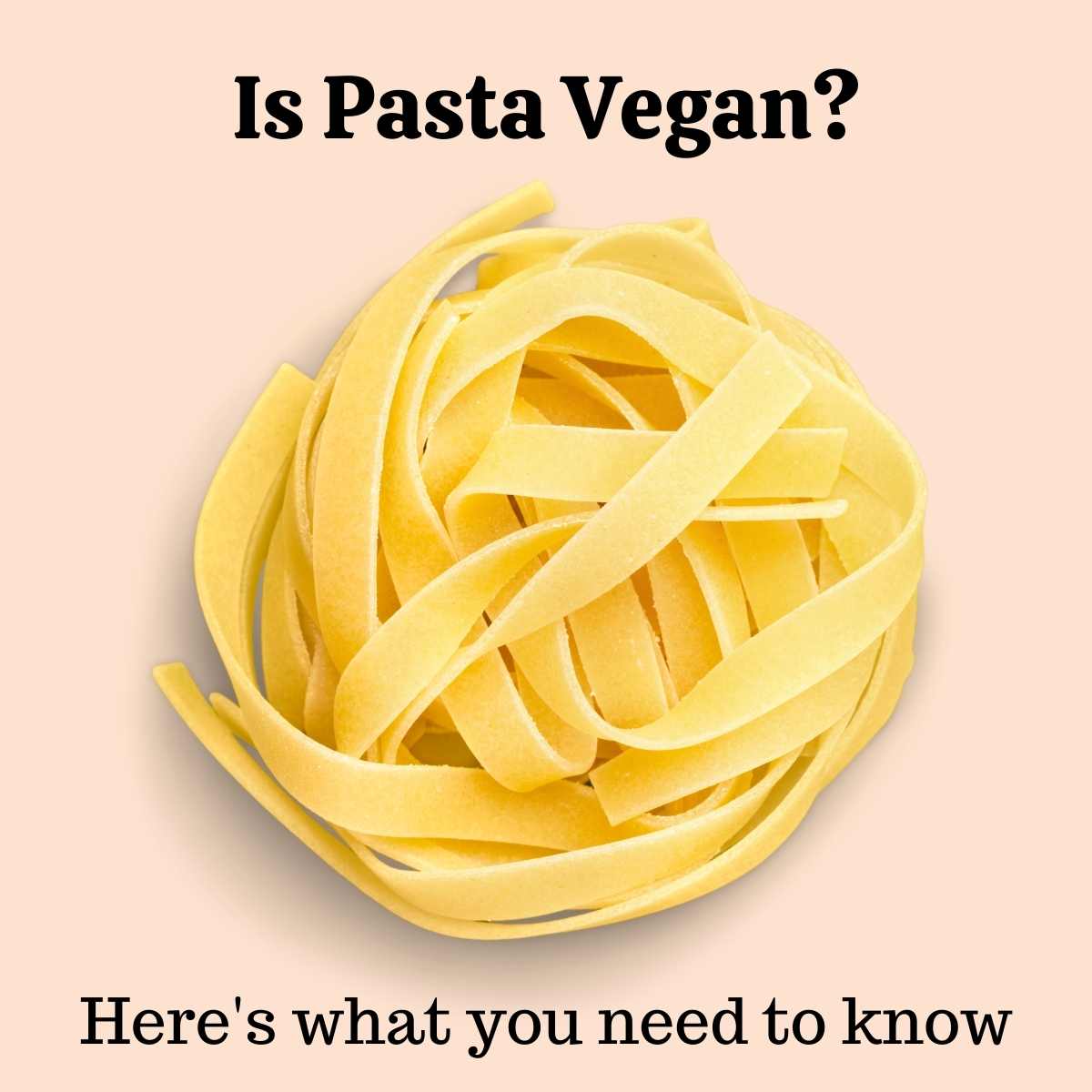


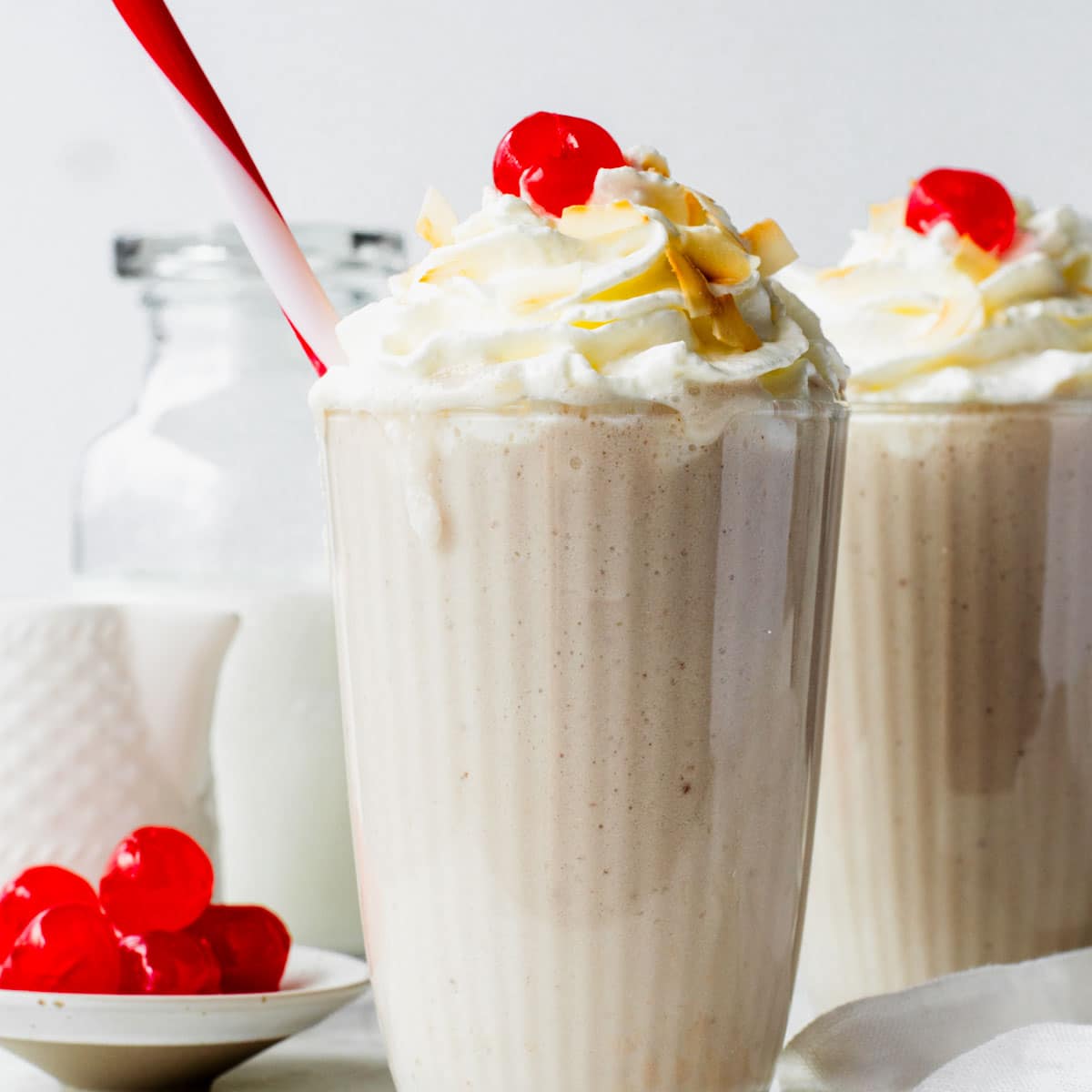
Thank you for all of these coconut sugar substitutes! I didn’t realize there were so many options. I used the light brown sugar suggestion and the cookies turned out great!
I had no idea it was that easy to make brown sugar! Worked like a charm!
I’m so glad!! Thanks, Sam!